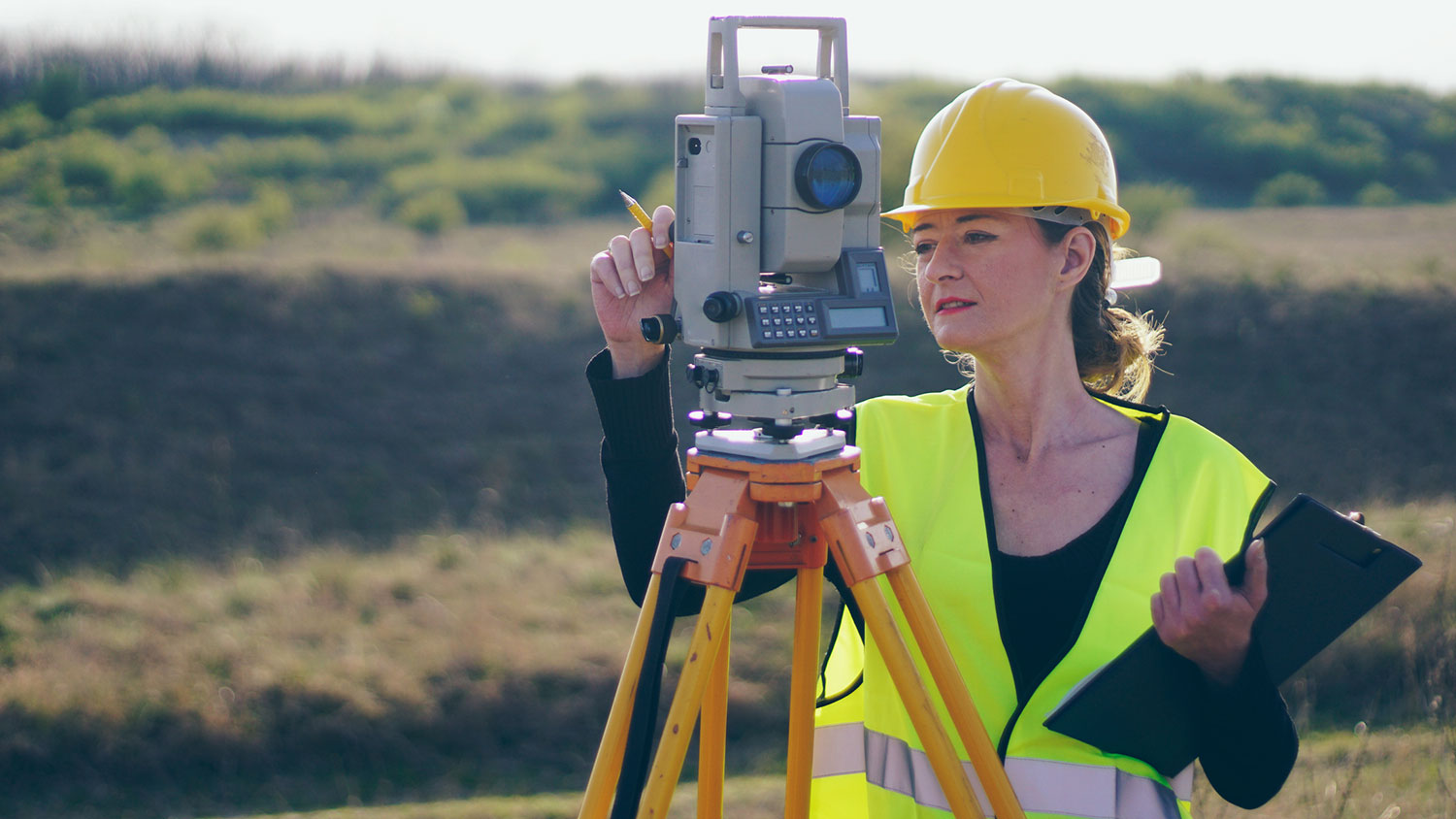
Home appraisals can come in low, even during an ultra-hot real estate market. Here’s what to do when a home appraisal is lower than the offer you receive.
Home values have more peaks and valleys than the Himalayas, so it’s essential to find the right home appraiser


Home may be where the heart is, but that doesn’t always guarantee an accurate home valuation—unless you find the right home appraiser. Whether you’re looking to purchase a new home or refinance your current home, you need an expert who knows their stuff.
An exceptional home appraiser can help you navigate your way through today’s volatile market. But how do you know what to look for in a home appraiser? Never fear: Follow this handy guide for answers.
The primary role of a home appraiser is to assess property values. While some appraisers focus on residential properties, others are experts in commercial properties. In general, a home appraiser will be responsible for a variety of duties, such as:
Inspections: An appraiser will perform a comprehensive, in-person inspection of a property. They’ll take photos and videos to help document the most important features that could impact property value.
Data Analysis: To evaluate a property, an appraiser will compare it to other, similar properties. It’s their job to gather, confirm, and analyze all the data that may affect valuation. They’ll determine if there are any differences between the appraisal and market value.
Market Trend Review: Since local and regional trends in real estate will likely play a role in a property’s value, a real estate appraiser must stay updated on them and understand their impacts on value.
Written Reports: The appraiser will then compile all of their findings in a written report. The report will explain how they come to a specific value and often include evidence in the form of photos and videos.
Property Record Updates: In some instances, an appraiser will ensure property records are up-to-date. They’ll add in property features that might increase or decrease how much it's worth.
If you’re planning to sell or refinance your home, you should consider making any necessary repairs or home improvement projects before bringing in a home appraiser. That’s because you want your home to receive the highest appraised value possible, and those improvements can help. Even something as simple as painting your kitchen cabinets or adding more storage options can increase the appraisal value of your home.
You’ll also likely need to hire an appraiser if you are planning to buy a home. Most loan lenders require home buyers to get an updated home appraisal before they can issue a mortgage loan.
When you’re looking for a home appraiser, remember that home inspectors and home appraisers aren’t the same profession.
A home inspector will examine every inch of the interior and exterior of a home to create a report of any issues, while a home appraiser will assess the current market value of your home based on factors such as curb appeal, location, home size, amenities, and other features. The appraiser will also consider the value of comparable properties in your area when helping you to determine fair market value.
Certain things are not considered during a home appraisal, particularly non-permanent improvements. This includes things like aboveground pools, portable hot tubs, pool tables, swing sets, laundry machines, and various other removable objects.
A home appraisal isn’t inexpensive, but it shouldn't break the bank either. You can expect a professional appraisal to cost around $350. However, if you’re looking to have a multi-family home appraised, the land appraisal cost can rise significantly, ranging from around $600 to more than $1,000.
When you are shopping around for a home appraiser, always ensure that you get a price quote that details what factors the pro will consider as part of the appraisal. Be wary of cost estimates that seem too good to be true, as well as those that seem to cost significantly more than
One of the best ways to determine if you’ve found the right appraiser is simply to spend time talking with them. Talking with them for a few minutes on the phone can help you get a feel for the appraiser. A quick interview is an ideal time to ask questions concerning their credentials, experience, and references.
When you interview your professional, ensure that you request their information in writing. An email with a list of references, a timeline, and an itemized quote can help to protect you by ensuring you have the information you need.
When interviewing and vetting potential appraisers, be on the lookout for red flags. The most significant red flags are an unreasonable price quote or a lack of clarity in the pro’s responses to your questions. If an appraiser provides a price quote that is far above or far below the average, then that’s a warning sign. Likewise, if an appraiser refuses to provide the appropriate documentation and references, that’s a red flag, signaling you to move on to other candidates.

The final, but perhaps the most important, thing to do when hiring an appraiser is to check your candidate’s experience, training, and references. Ensure that the appraiser has the appropriate certifications and licensures for your state.
It’s also important to check with third-party organizations, such as the Consumer Finance Protection Bureau, to ensure that there aren’t unresolved complaints leveled against your appraiser or their company. Finally, be sure to search online and check out customer reviews. It’s also a good idea to ask for references and contact them about their service experience.
To get an accurate appraisal, you need to ensure that your appraiser is factoring in all the essential elements contributing to the property’s overall value. That’s why it’s important to know how to prepare for a home appraisal and understand what the appraiser will look for when they determine the property’s value.
A reputable appraiser will consider factors such as square footage, the number of bedrooms and bathrooms, location, interior and exterior features, and neighborhood comps. Your appraiser should also consider the condition of the home, plus its age and style.
Plan to ask potential appraisers the following questions:
What items will you assess in your appraisal?
What licensures and certifications do you have to assess property in this state?
How much experience do you have in assessing properties in the area?
Can you provide a list of references from past clients?
What are your fees and timelines for a property appraisal?
How long does a home appraisal take with you?
The good news is that it’s not difficult to find a qualified home appraiser. You can search Angi or ask your real estate agent to recommend a professional in your area. Ask your family members, friends, and colleagues about their experience with local appraisal services, and use their referral when contacting pros. The key is to do your homework, check the pro’s reviews, and ensure your potential appraiser is licensed and certified in your state.
Once the appraisal is complete, you’ll want to ensure that you keep a record of the documentation they provide. You’ll need to present the appraisal document to your lender or real estate agent and ensure that it is considered throughout the process of buying, selling, or refinancing your home.
From average costs to expert advice, get all the answers you need to get your job done.

Home appraisals can come in low, even during an ultra-hot real estate market. Here’s what to do when a home appraisal is lower than the offer you receive.

Get transparent desktop appraisal cost info. Learn what affects pricing, compare options, and find ways to save on your home appraisal.

Discover what the average pre-listing appraisal cost is, what impacts pricing, and how to save money before selling your home.

Get transparent land appraisal cost info. Learn average prices, key cost factors, and tips to save on your next land appraisal.